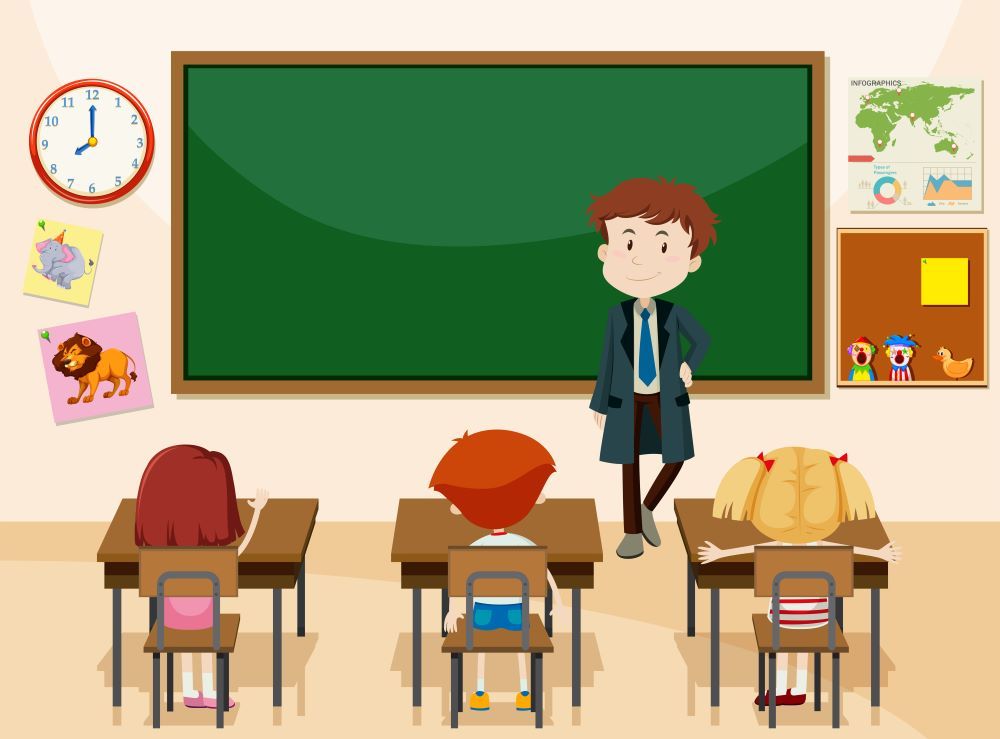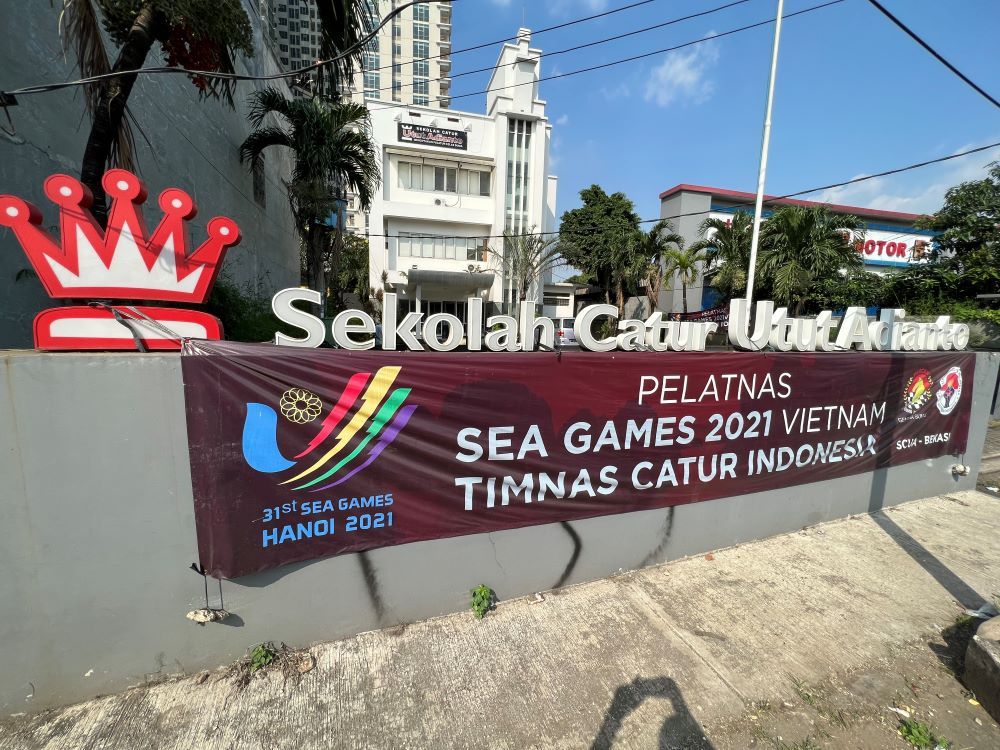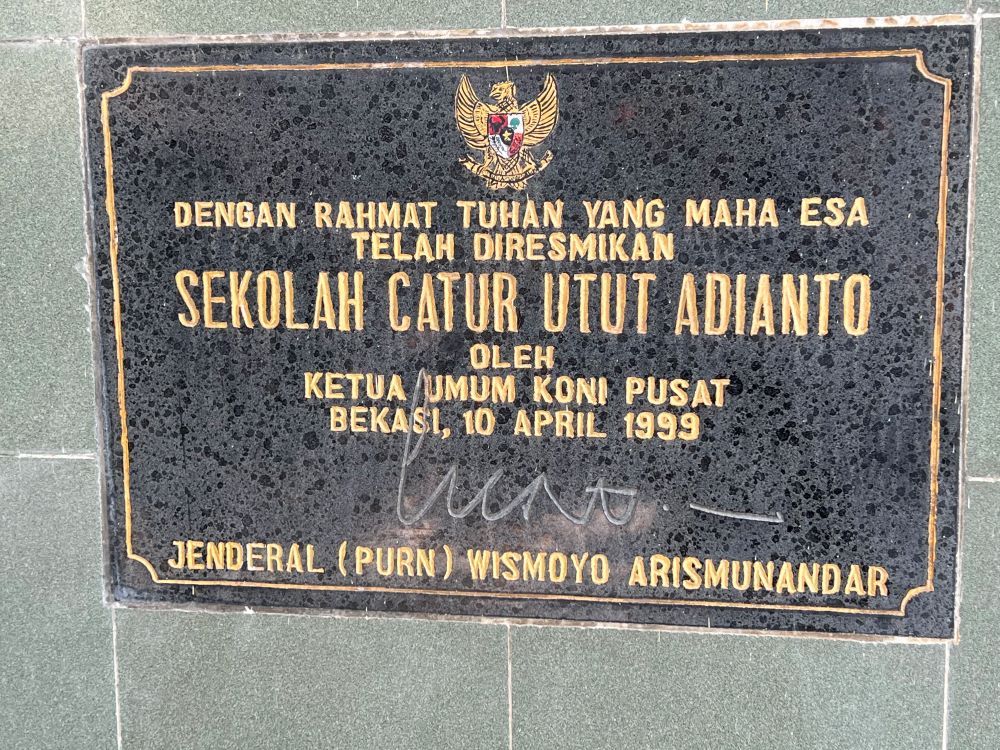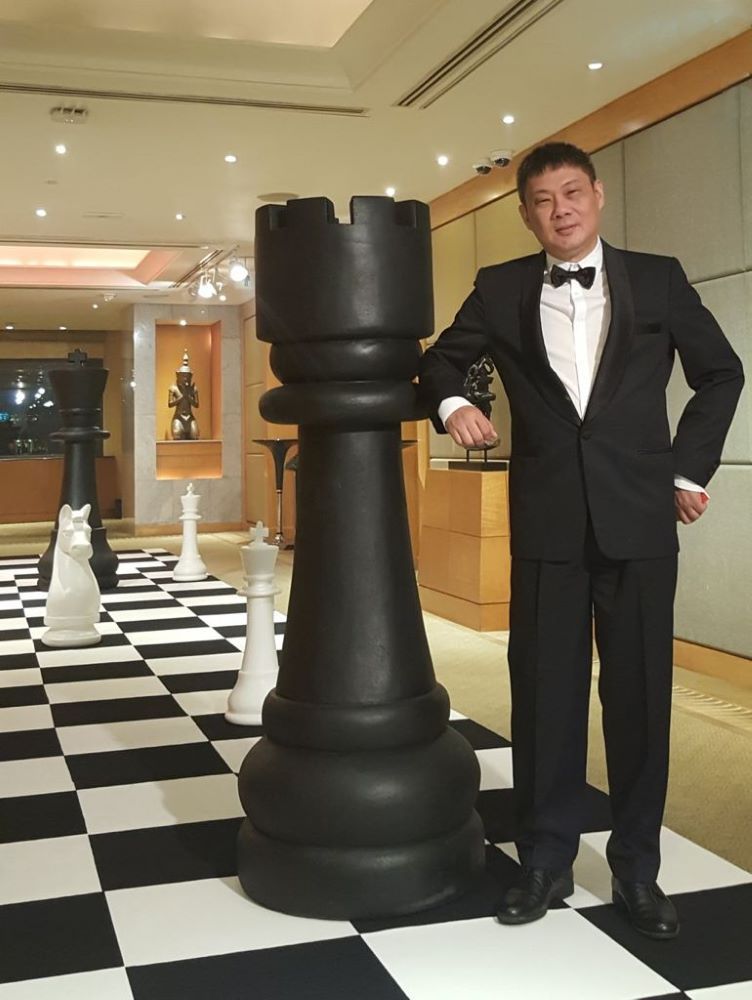Key Challenges of Trainers - Part 1
It is quite a difficult task to find the right trainer for a chess player. More so, when there are so many lucrative options available. While some prefer to work on their own, others need a chess coach to guide and help them improve their game. FM IA FT Peter Long writes his experiences and thoughts as a trainer, what he faced and the challenges a trainer faces. How chess evolved as a sport over time, the ecosystem and naturally the training aspect of the game, trainers making a living through chess irrespective of their experience, knowledge or teaching ability. Photo: vecteezy

Since my four-year term as Secretary of the FIDE Trainers’ Commission ended at the end of 2022, I have slowly returned to my first love - chess training - and here I like to share what I have seen to be the key challenges of chess trainers, some as they have always been and a few perhaps generally as a natural evolution of our society and more specifically that of parenting.
Perhaps the best way to begin this piece (which will almost certainly offend many even if that is not the intention) is to quote what the legendary Indonesia Grandmaster Master Utut Adianto, in his time a top 20 player of the world and still playing at almost 60 years of age at 2600 level on the very few occasions when he has time and without a computer and opening preparation!


Adianto said, to the main sponsor of chess in his country when he was considering to acquire a regional academy to take their Sekolah Cater Utut Adianto (SCUA), a talent development initiative operated by their third partner Kristianus Liem who has been responsible for every top Indonesian player in the last two decades, as follows:
“It is the trainer, not the academy. And it is the player, not the trainer”.
When I started playing chess, there were few tournaments at home and the region, air travel was a luxury, not working and going to school was not even a consideration, chess books were scarce, there was no internet!, and certainly no one charged for lessons let alone make a living for chess.
Now we have so many locally calling themselves chess teachers or chess coaches and there are now so many chess academies, and they collectively service the market demand.
Of course there are also chess trainers from all over the world who complement their work online, at camps or private lessons during visits to tournaments, and even when the young players go abroad to compete in international competitions.
It is no secret that chess has greatly increased in popularity for several reasons, including the lowering of the rating ceiling floor, the proliferation of international cadets, schools, youth, and junior competitions in multiple regions, and as various continental and world championships where player titles are also directly given.
Anyone paying the entry fees and the travel expenses which often includes compulsory stay in official hotels, can participate and be listed as a national player or representative.
While it must be acknowledged that the top talent everywhere has been benefiting from these increased opportunities, I believe an objective analysis would still show that when talking about producing and retaining top players, the result is practically the same number those who continue playing chess at a high level in every country.
In short, this is an ecosystem that comprises parents funding these tournaments for their children, if not to win titles, then certainly for recognition as national players or representatives, and where organisers do not need to seek sponsors, and as a result many can now make a living as chess trainers, whatever their playing strength, experience and teaching ability as these international tournaments cover every possible age-group, some starting from as early as five years of age!
Today, unlike when I played junior chess, for many it is not always about excelling in competition, and it is not to say that no one wants to not do well, but in the current system, now in force for at least two decades, it has become the norm and so it is not right or wrong, just the reality, and perhaps the main disappointment should be that even the most ardent advocates of chess as a sport not only go along with this but actually actively enable, and so much of this, does not lead to chess as a sport (the arguments for it actually being just a game is another article for another day!).
So, I have nothing to say about the qualities of the many chess teachers and chess coaches out there except we should understand their limitations in doing our work and be more professional and parents need to make more informed decisions if chess is really important for their children.
It should not be too difficult to understand an unrated or lowly rated chess trainer cannot possibility have the chess playing strength, chess knowledge, and chess experience - no matter how articulate, clever with computers, and/or a voracious reader - to develop a young player beyond the initial stage of the game and the truth is that chess trainer with a 1800 rating can barely help a 1500 child and arguably would even struggle with 1200 rated child and what more than to really work effectively with a 1800-2100 child?
The lower end of this spectrum will already need a high 2200/2300 rated chess trainer, and the higher end of the spectrum will need closer to a 2500 rated chess trainer.
Children start early in chess and tend to have accepted the authority figure put in front of him or her and more so if the chess trainer is on excellent terms with one or both of the parents, or at least when they finally decide to quit.
It is universally understood by all chess trainers that parents are both our greatest help but also our greatest hindrance and while that could be another article by itself, it is also pointless to say too much except that the role of the chess trainer is not that of parenting and should not be co-opted into it in any form.
We are perhaps ready now to discuss developing young talent and already know from Adianto how important an individual trainer is but at the same time he has also clearly pointed out a trainer cannot do much without having the right player to train and what that entails and will have to be in part two of this article should I dare to write it.
About the Author



